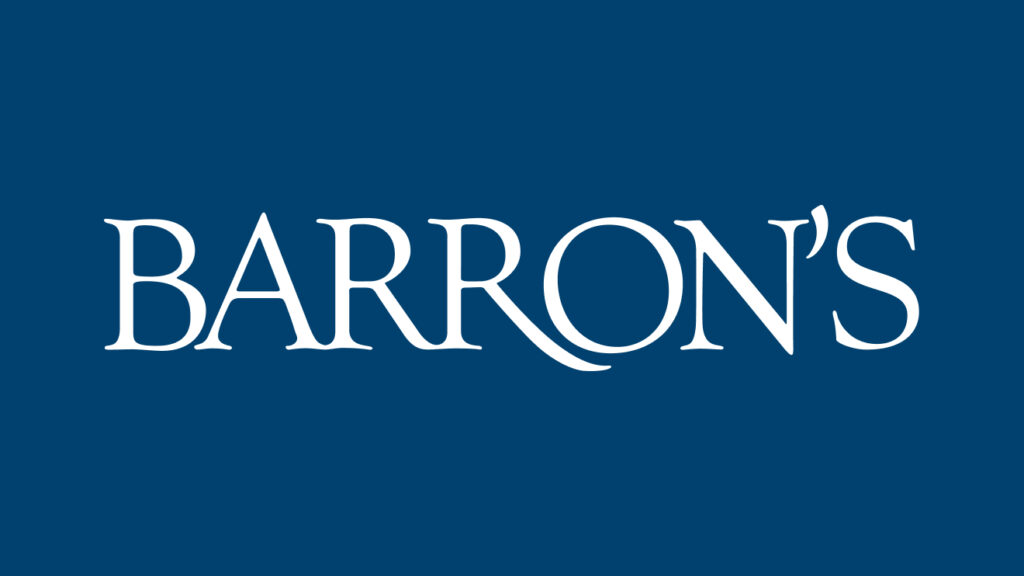With exams just days away, Hamza Soumbaund and his fellow students are more concerned about Senegal's upcoming presidential elections, which they hope will bring about change.
Gaston Berger University (UGB) in the northern city of St. Louis, the second largest university in the country, has been hit hard by the political crisis caused by the postponement of the February 25 presidential election.
Two students were killed and several others injured during the protests, bringing the total to four people across the country.
After a month of turmoil and constitutional pressure, President Macky Sall set a new voting date for March 24.
“This election is the most important ever. Many people have died, the cost of living is high, and Senegalese are tired. We need a new system,” said Soumbound, a first-year applied arts student. he said.
Advertisement – SCROLL TO CONTINUE
The 20-year-old from the northern city of St. Louis wants the next president to create jobs, fight corruption and fraud, develop agriculture and end foreign fishing agreements.
He also wants to restore the rule of law, which was ignored under outgoing President Sall.
UGB has experienced less unrest than Cheikh Anta Diop University in the capital Dakar, but protests there have been known to turn violent.
Advertisement – SCROLL TO CONTINUE
In 2018, one student was killed in a clash over subsidy payments.
Sumbound was hit by a rubber bullet in the leg during the recent riots and had to undergo surgery.
Since then, he has walked with a limp and has difficulty sitting for long periods of time.
Advertisement – SCROLL TO CONTINUE
But he vowed that nothing would prevent him from voting.
Mr Sumbound said he regularly discusses issues affecting students with his classmates, including the harsh crackdown on protests, living conditions at universities and the unemployment rate, which stands at 19%, according to the Office for National Statistics.
The problem is prevalent among young people in Senegal, where 75 percent of the population is under 35, according to national statistics.
Advertisement – SCROLL TO CONTINUE
This goes some way to explaining why thousands of Senegalese have taken the dangerous Atlantic route to reach Europe in recent years.
“Young people have completely lost hope in their homeland. They tell themselves that they can't succeed if they stay here. That's why illegal immigration has increased so much in recent years,” said an economics student. said Angel Preira, 25. .
Like many young people interviewed by AFP, Preira supported imprisoned opposition leader Ousmane Sonko.
Advertisement – SCROLL TO CONTINUE
The anti-regime agitator has been disqualified from running in this year's elections, but Preira said she would vote for her favorite candidate, Basilou Diomaie Faye, who is also in custody.
Fellow student Oumar Gujabi agreed that Sonko and Fay's opposition coalition has the most ambitious plan for the Senegalese people.
“These young people are a demographic majority, but they are not an electoral majority,” said Sidi Diop, deputy editor of the daily newspaper Le Soleil.
He said that although people under 35 make up two-thirds of the population, they account for only 28% of the electoral roll, and that Sonko is making a persuasive argument for those over 35. He added that he did not think so.
Communication student Adama Ndiayi said she is wary of politicians' false promises and still reads the manifestos of the 19 candidates before making a decision or abstaining.
Life on the UGB campus has returned to near normality as students observe the Islamic fasting month of Ramadan, but the painful events of last month's unrest still haunt some students.
“Some students are suffering from depression and can't sleep because of hallucinations. They're witnessing police shooting,” said Adama Mamadou Kane, president of the St. Louis Student Union.
sjd/amt/acc/giv

